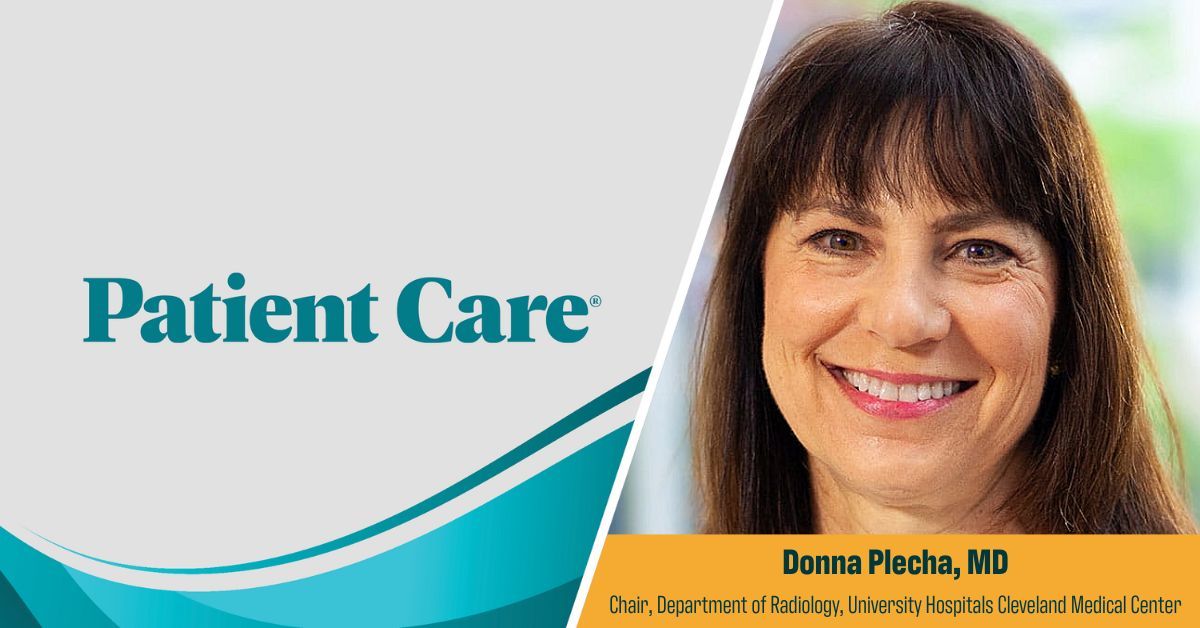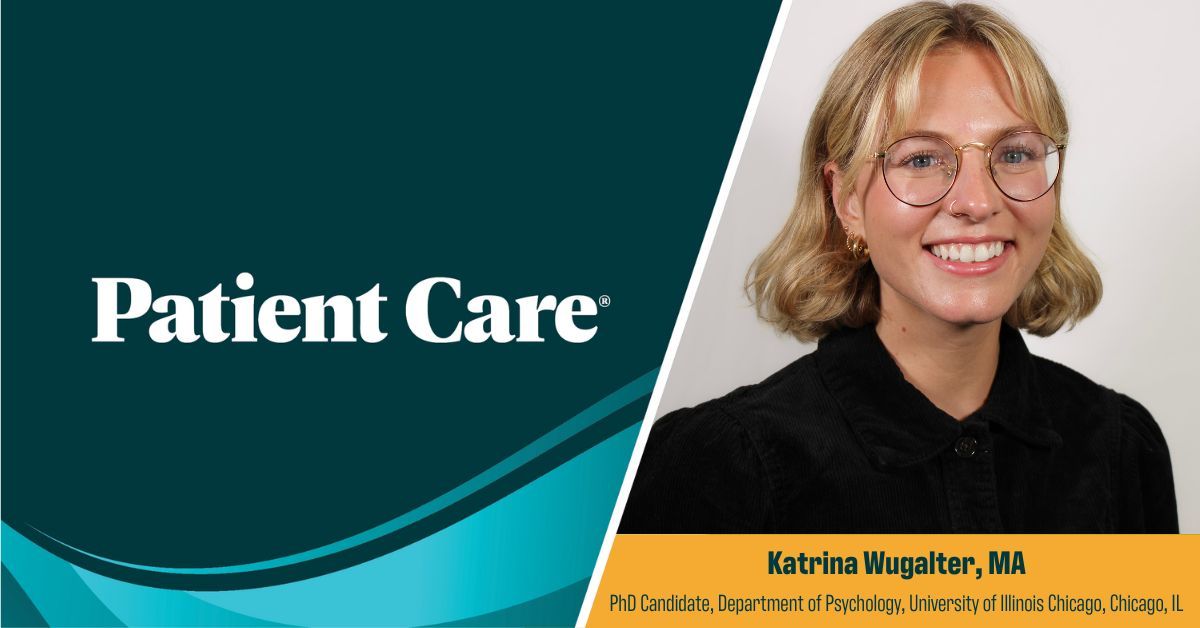Latest Conference Articles

Donna Plecha, MD: Why You Should Start Breast Cancer Risk Assessment at Age 25
October 22nd 2025
The Menopause Society Annual Meeting
TMS 2025: Donna Plecha, MD, an expert in breast imaging, discusses essential breast cancer screening recommendations for primary care physicians.

Topline Real-World Data Show Fezolinetant Improves VMS, Sleep, and Work Productivity in Women With Confirmed Menopausal VMS
October 22nd 2025
The Menopause Society Annual Meeting
TMS: New preliminary data show reduction in bothersome VMS as early as week 4, an effect that led to statistically significant improvements across other life domains.

Four Studies Build Evidence for Elinzanetant as a Safe, Effective Nonhormonal Option for Menopausal Vasomotor Symptoms
October 22nd 2025
The Menopause Society Annual Meeting
TMS: New data pooled across clinical trials confirm elinzanetant’s consistent efficacy, safety, and sleep benefits across diverse populations of menopausal women.

Elinzanetant Improves Sleep Through VMS-Independent Mechanisms, According to New Pooled Analysis
October 22nd 2025
The Menopause Society Annual Meeting
TMS: Mediation analysis found that more than half of elinzanetant's sleep benefit occurs independently of nighttime hot flash reduction, challenging VMS-centric models.

Black Women Prescribed Menopausal Hormone Therapy at Significantly Lower Rates Despite More Severe Symptoms, Study Finds
October 22nd 2025
The Menopause Society Annual Meeting
TMS: Black women are up to 36% less likely to receive a prescription for systemic estrogen than White women, despite more acute and persistent VMS, authors said.

Age, Not Menopause Stage, Drives Cortical Volume Reduction in Midlife Women, New Study Suggests
October 22nd 2025
The Menopause Society Annual Meeting
TMS: Findings from a large study presented at TMS 2025 counter previous reports suggesting menopause-specific effects on brain structure at midlife.

New Large-Scale Study Challenges Previous Research on Menopause and Brain Structure
October 21st 2025
The Menopause Society Annual Meeting
New research presented at TMS 2025 suggests menopause stage does not accelerate brain volume loss—age does. Study author discusses clinical implications for PCPs.

Pooled Safety Analysis Supports Elinzanetant for Vasomotor Symptoms Through 52 Weeks
October 21st 2025
The Menopause Society Annual Meeting
Analysis of 4 clinical trials, including 3 from the phase 3 OASIS development program, found treatment-emergent AEs comparable between elinzanetant and placebo.

Provider Specialty and Type Drive Divergent Prescribing Patterns for Symptoms of Menopause
October 21st 2025
The Menopause Society Annual Meeting
TMS 2025: Wide variability in practice patterns suggests a need for standardized education across both specialties and provider types to ensure consistent quality of care.

6 Latent Menopausal Phenotypes Identified by Machine Learning in 10-Year SWAN Follow-Up
October 21st 2025
The Menopause Society Annual Meeting
TMS 2025: Machine learning uncovered 6 menopausal phenotypes, linking symptom patterns and metabolic risk and potential for personalized treatment strategies.
